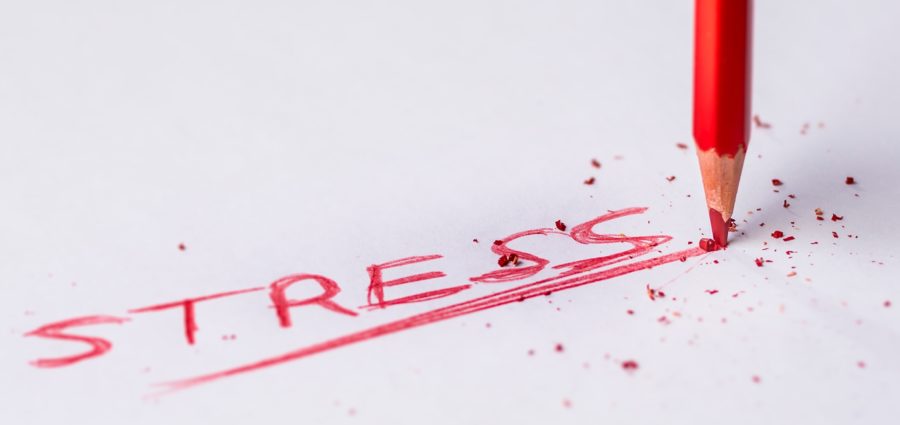The negative effects of stress on both mental and physical health are well documented. A 2011 study published in the Journal of Aging Research examined long-term patterns of stressful life events and their impact on mortality and found that, compared to the low-stress group, both the moderate and the high-stress groups showed increased rate of death.
Another study published in the British Medical Journal showed that even mild stress is linked to long term disability. And Stanford Professor and leading researcher on stress, Professor Robert Sapolsky, showed that stress is linked to a depressed immune system, poor sleep, impaired memory and learning, accelerated aging, and several diseases, such as cancer, depression and heart disease. Other studies have also shown that you have the power to reduce the negative impact of stress and improve your health. Below are 13 simple yet effective stress reduction techniques.
01. Determine the cause of your stress.
It is difficult to fix something you have not acknowledged or identified. Begin to journal, and be honest about the moments you are most stressed. This will help to determine if your stress is related to your job, relationships, or finances. Taking the time to figure out what is causing your stress puts you one step closer to finding the solution.
02. Address your stress.
Once you have determined the cause or source of your stress, take small steps to address it. For example, if your finance is the source of stress, take the necessary action to get our financial house in order.
03. Plan your day.
Taking the time to plan your day helps you feel more prepared, organized, and empowered, which will aide in decreasing your stress level.
04. Get adequate sleep.
A study of 772 men and women of all ages published in the journal Sleep found that people who suffered from insomnia were 17 times more likely than sound sleepers to have issues with anxiety and stress. Aim for about 8 hours of sleep nightly.
05. Breathe.
It appears that taking deep breaths is not only relaxing, but may also lower your heart rate, blood pressure, stress, and anxiety level. Harvard researcher Herbert Benson coined the term “The Relaxation Response.” In his book of the same name, Benson used scientific research to show that short periods of breathing meditations could alter the body’s stress response.
06. Practice meditation.
Meditation is said to lead to a deeper sense of relaxation as well as increased productivity, creativity, and happiness. Studies suggest that even 2 minutes per day of meditating may make a difference.
07. Smile even when you do not want to.
A study published in 2012 Psychological Science suggested that smiling during brief periods of stress may help reduce the body’s stress response, regardless of whether or not the person actually feels happy. So go ahead, and smile even if you do not feel like it.
08. Leave work at work.
It can be tough to stop working after you have left the office, especially with notifications alerting you to your emails and messages. Make it a point to separate work from home. Once you are home, use the time to spend with family, friends, or participating in interesting or relaxing hobbies.
09. Go for a long walk.
Walking, especially outdoors, not only helps burn calories and improve your health, but can help to improve your mood. Consider listening to inspirational material while walking to give yourself a boost of inspiration.
10. Exercise.
According to the Mayo clinic, exercise in any form can function as a stress reliever. It acts as an escape from the stress, releases feel good hormones, improves your mood, and promote good sleep health. Consider adding your favorite music for motivation.
11. Use your hands.
It has been said that busy hands and feet result in quieter minds. Find a hobby that requires engagement of your hands or feet such as knitting, painting, photography, dancing, or gardening.
12. Take breaks from technology.
Research from the University of Gothenburg, Sweden, suggests that being constantly plugged in can increase your level of stress and depression, and negatively impact sleep. So take a break from your email and social media.
13. Relax on the weekends.
Instead of packing many activities into your 2-day break from work, use it as a time to relax, unwind, and re-group so you will not be tired when Monday rolls around.
In today’s society, stress is inevitable, but with simple strategies you can lean to reduce your stress, increase your happiness, and improve your health.








